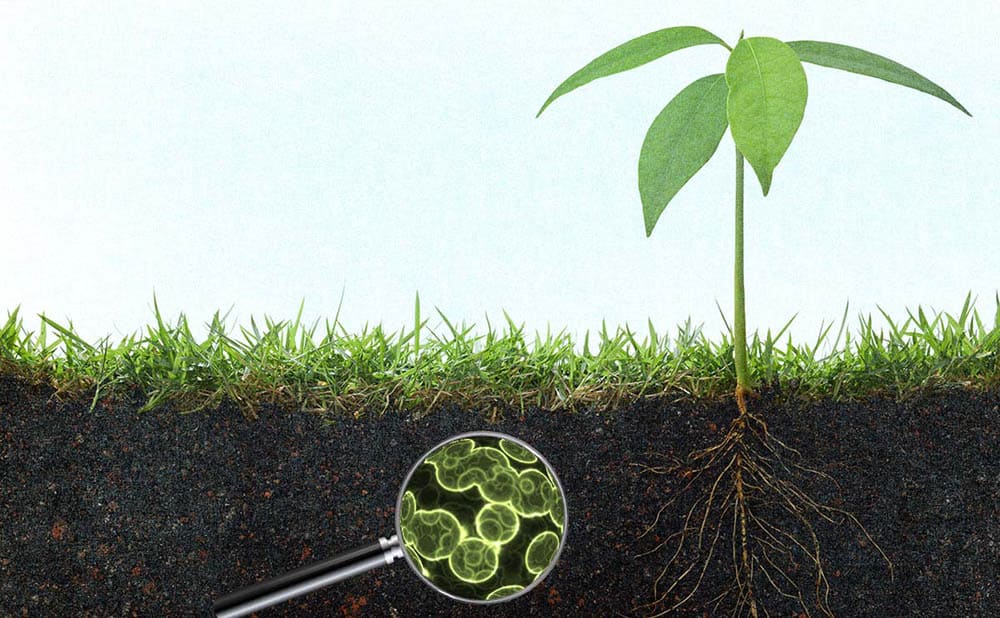
Beneficial soil microorganisms, including bacteria, fungi, and other microbes, play a vital role in soil health and plant growth. Incorporating these organisms in modern agriculture enhances soil fertility, improves nutrient uptake, and reduces the need for chemical fertilizers.
Benefits of Using Beneficial Microorganisms
-
Improved Nutrient Uptake:
Microorganisms such as nitrogen-fixing bacteria and mycorrhizal fungi make nutrients more available to plants, promoting better growth and higher yields. -
Increased Plant Stress Resistance:
Beneficial bacteria and fungi can make plants more resistant to drought, salinity, and diseases. -
Soil Decomposition and Regeneration:
These microorganisms decompose organic matter and produce enzymes, enhancing soil structure and fertility. -
Reduced Chemical Fertilizer Use:
By improving nutrient absorption and microbial activity, farmers can reduce chemical fertilizer use while maintaining soil health. -
Soil Stabilization and Erosion Prevention:
Certain fungi and bacteria form network structures in soil, helping stabilize the soil and prevent erosion.
Methods of Using Beneficial Microorganisms
-
Applying biofertilizers and soil-improving microbes
-
Using compost enriched with beneficial bacteria and fungi
-
Combining microorganisms with drip irrigation or fertigation for better root absorption
-
Planting cover crops or grasses that support microbial activity
Conclusion
Using beneficial microorganisms is a natural, sustainable, and effective way to improve soil fertility, enhance plant growth, and reduce chemical fertilizer use. This approach helps farmers produce healthier, more resilient, and higher-quality crops.
Javaneh Omid Balouch Company provides training and consultancy on the use of beneficial microorganisms, supporting farmers in scientific and sustainable agriculture.
